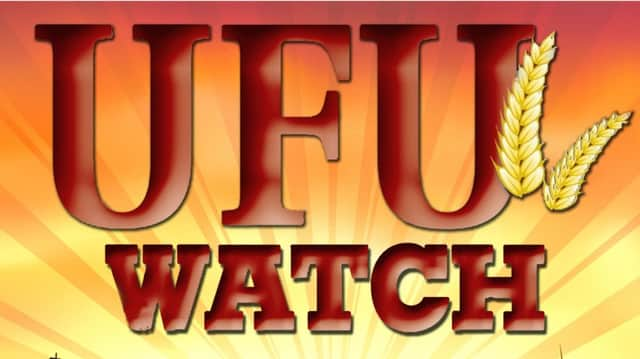Waste exemptions and registration of waste carriers


Agricultural waste is waste produced at agricultural premises as a result of an agricultural activity and the rules basically mean that for the last number of years farmers have not been permitted to burn or bury agricultural waste or put agricultural waste into the household bin.
Farmers have a ‘Duty of Care’ to dispose of any waste correctly by ensuring it is disposed of at a licensed facility or is transferred to an authorised person and if necessary, has the correct Waste Management Licences associated with any movement or disposal activities.
Advertisement
Advertisement
Waste rules do permit a number of agricultural activities to be exempt from the need to have a waste management licence. Twenty five agricultural waste exemptions have been classified (21 simple and 4 complex) but to avail of these, EU rules require farmers to register these exemptions with DOE/NIEA.
Initially the DOE wanted farmers to register these using a complex and lengthy form, however, the UFU successfully opposed this through the Courts which resulted in the registration process for these exemptions being included on the Single Application Form from 2008 onwards to reduce bureaucracy.
The simple exemptions include activities such as allowing farmers to burn hedge cuttings or if a ditch is cleaned out allows the debris to be deposited on the bank.
The majority of these simple exemptions would apply to regular farming practices. The complex exemptions are more specific however the exemptions covered include, spreading agricultural waste on land for agricultural benefit, composting biodegradable waste, storage of building wastes from agricultural premises in construction and a lined bio bed to dispose of agricultural waste consisting of non-hazardous washings.
Advertisement
Advertisement
Europe also required registration of professional waste carriers which includes all those who ‘normally and regularly transport waste, whether that waste is produced by them or others’. This then required a number of businesses, including farms, to register as ‘lower tier’ waste carriers.
This is a one-off registration process and the UFU again successfully lobbied DOE to include this registration process on the Single Application Form back in 2012 in order to ease the administrative burden on local farmers. It should be noted that it is a criminal offence to transport waste without being registered with the DOE/NIEA and that carries a maximum fine of £5,000.
The DOE/NIEA are confident that everyone who needs to apply for the one-off registration of waste exemptions and waste carriers have done so, since the inclusion of the registration process on the SAF from 2008 and 2012 and therefore have taken the decision to remove the question from this year’s SAF. Waste controls are not part of cross-compliance therefore this process has no link to a farmer’s agricultural aid payments and has no bearing on the cross-compliance inspection process.
The SAF form was simply used to collect this registration information for the DOE/NIEA in order to reduce bureaucracy for local farmers. It is however important that farmers keep on the right side of Waste Legislation.
Any farmer who feels they didn’t register in previous Single Application Forms can apply directly to DOE/NIEA and request a registration form.